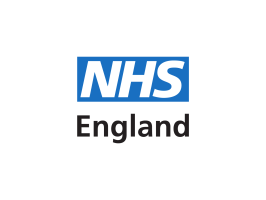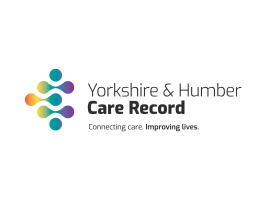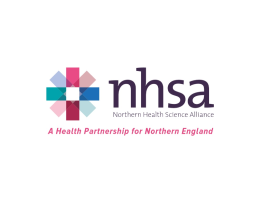Welcome to our city’s health and care research and innovation, which is internationally-renowned.
Transforming health and care
Leeds health and care infrastructure is uniquely straight forward for such a large city and all partners share a strong vision and commitment to transform health and care. That means Leeds has the ideal environment for outstanding innovation through collaboration.
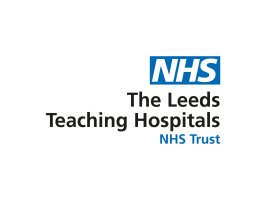
Leeds Teaching Hospitals NHS Trust
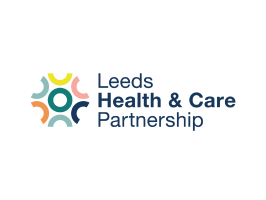
Leeds Health and Care Partnership
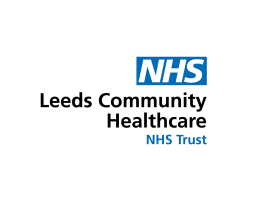
Leeds Community Healthcare NHS Trust
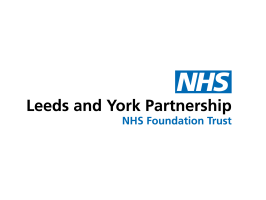
Leeds and York Partnership NHS Foundation Trust
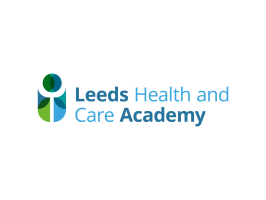
Leeds Health and Care Academy

St Gemma’s Hospice

Leeds City College School of Healthcare
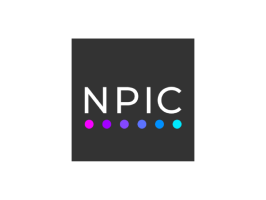
The National Pathology Imaging Cooperative (NPIC)
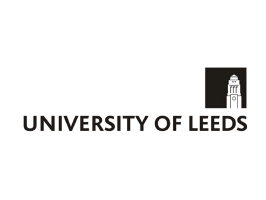
Leeds Centre for Healthtech Innovation
Research excellence
Leeds’ three major universities are renowned for their world-class research in health and wellbeing impacting local communities and the city’s specialist clinical research facilities are international centres of excellence.

University of Leeds
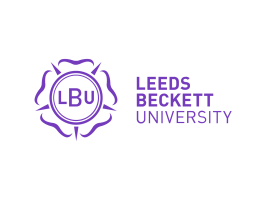
Leeds Beckett University
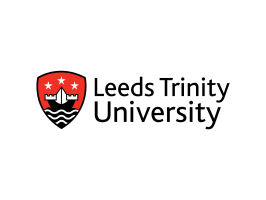
Leeds Trinity University
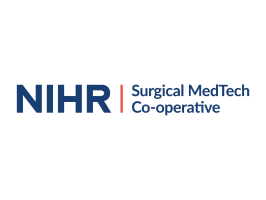
NIHR surgical medtech cooperative
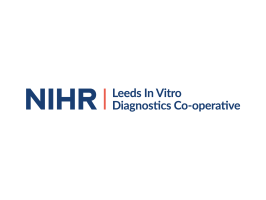
NIHR in vitro diagnostics cooperative
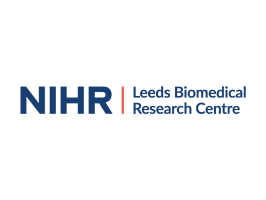
NIHR Leeds Biomedical Research Centre (BRC)
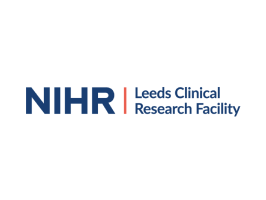
NIHR Leeds Clinical Research Facility (CRF)
For business
At the forefront of healthcare innovation, including strengths in healthtech, digital, data and artificial intelligence, Leeds health innovation industry sector and supporting infrastructure is market-leading. Here, the health, technology and innovation sector is thriving. Investment in digital start-ups and scale-ups alone increased by 88 per cent in 2022*.
*Dealroom, for the UK Digital Economy Council. Start-ups/scale-ups including in health.

Leeds Beckett University’s Knowledge Exchange

Leeds Trinity University’s Knowledge Transfer Partnership

Nexus

Health Innovation Yorkshire and Humber

Propel@YH

Invest Leeds

Northern Gritstone

North Invest

West Yorkshire Combined Authority
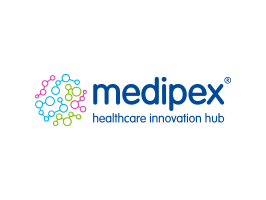
medipex

Medilink North

ABHI
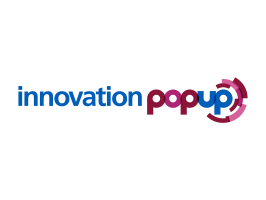
Leeds Teaching Hospitals NHS Trust’s Innovation Pop Up
Prime location
Has been ranked best UK city for quality of life, with superb transport links, a burgeoning economy, a strong talent pool and exciting new infrastructure, Leeds is a first choice destination for businesses – from individual entrepreneurs to large corporates.

Leeds Innovation Arc
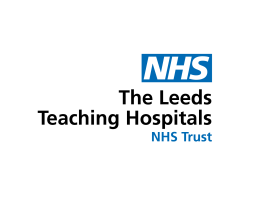
Leeds Innovation Village

Bruntwood SciTech
Digital and data powerhouse
As a market leader, Leeds is home to more than 3,000 digital and data companies.
It hosts the UK’s largest digital festival and its region has 22% of all UK digital health jobs.

Leeds Institute for Data Analytics

100% Digital Leeds

Leeds Office for Data Analytics
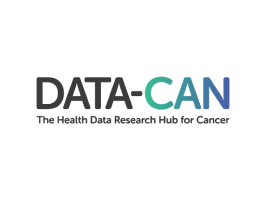
DataCan
Regional partners
West Yorkshire is a unique, high potential healthtech innovation ecosystem with strengths across medtech, digital and data – and connectivity across and between these strengths. It is leading the way with the translation of research into commercialisation.

Yorkshire Cancer Research

West Yorkshire Health and Care Partnership
National HQs
Leeds has an outstanding track record for inward investment and economic growth. It’s been ranked best UK city for quality of life, has superb transport links and a strong and diverse talent pool. So it’s easy to see why Leeds is increasingly a first choice destination for businesses – from individual entrepreneurs to large corporates.
World’s largest
single health care system, regional HQ.

TPP

EMIS group

UK Infrastructure Bank

Bank of England

Channel 4

British Library
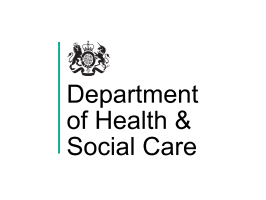
Department of Health & Social Care Including, Leeds Health and Social Care Hub
